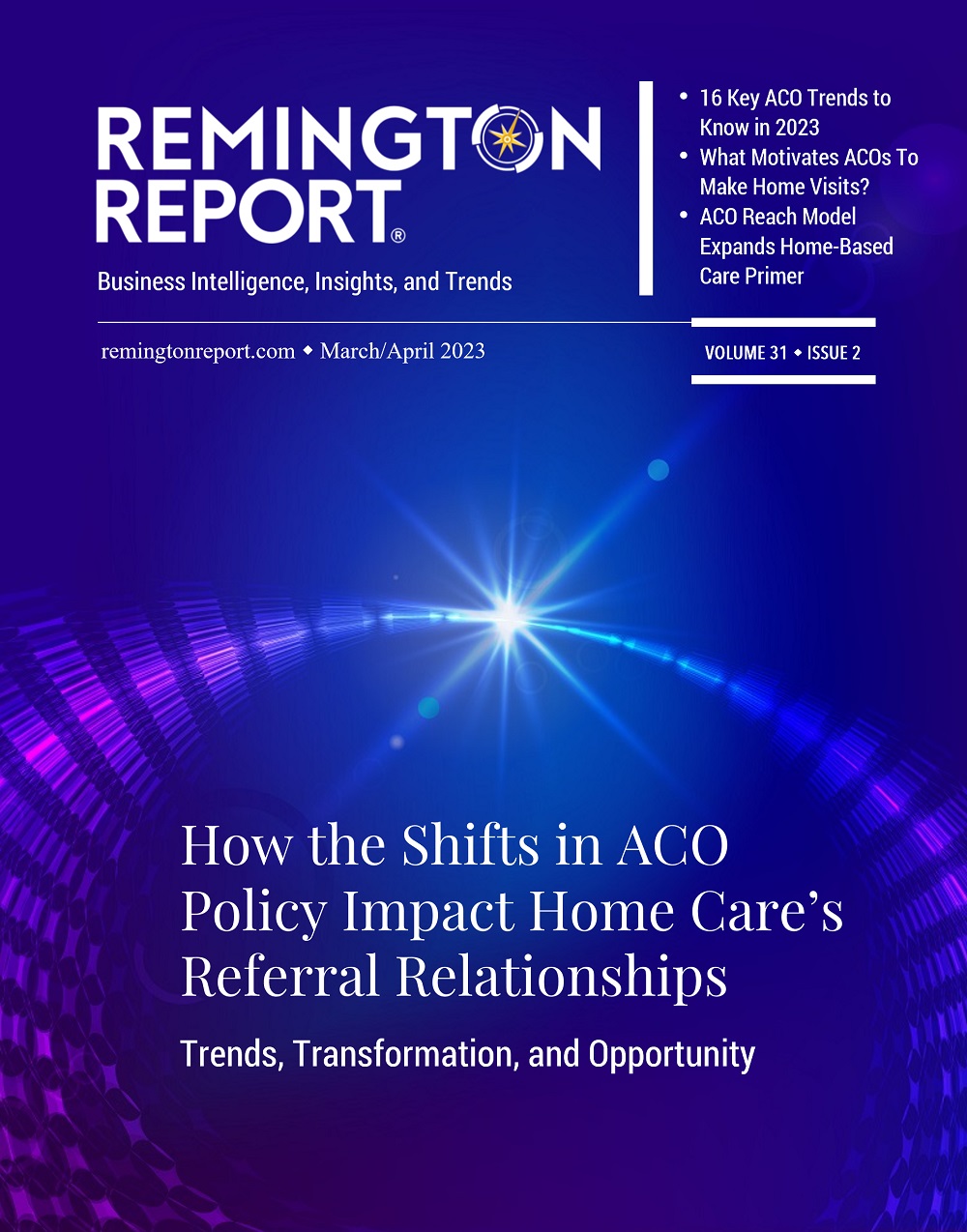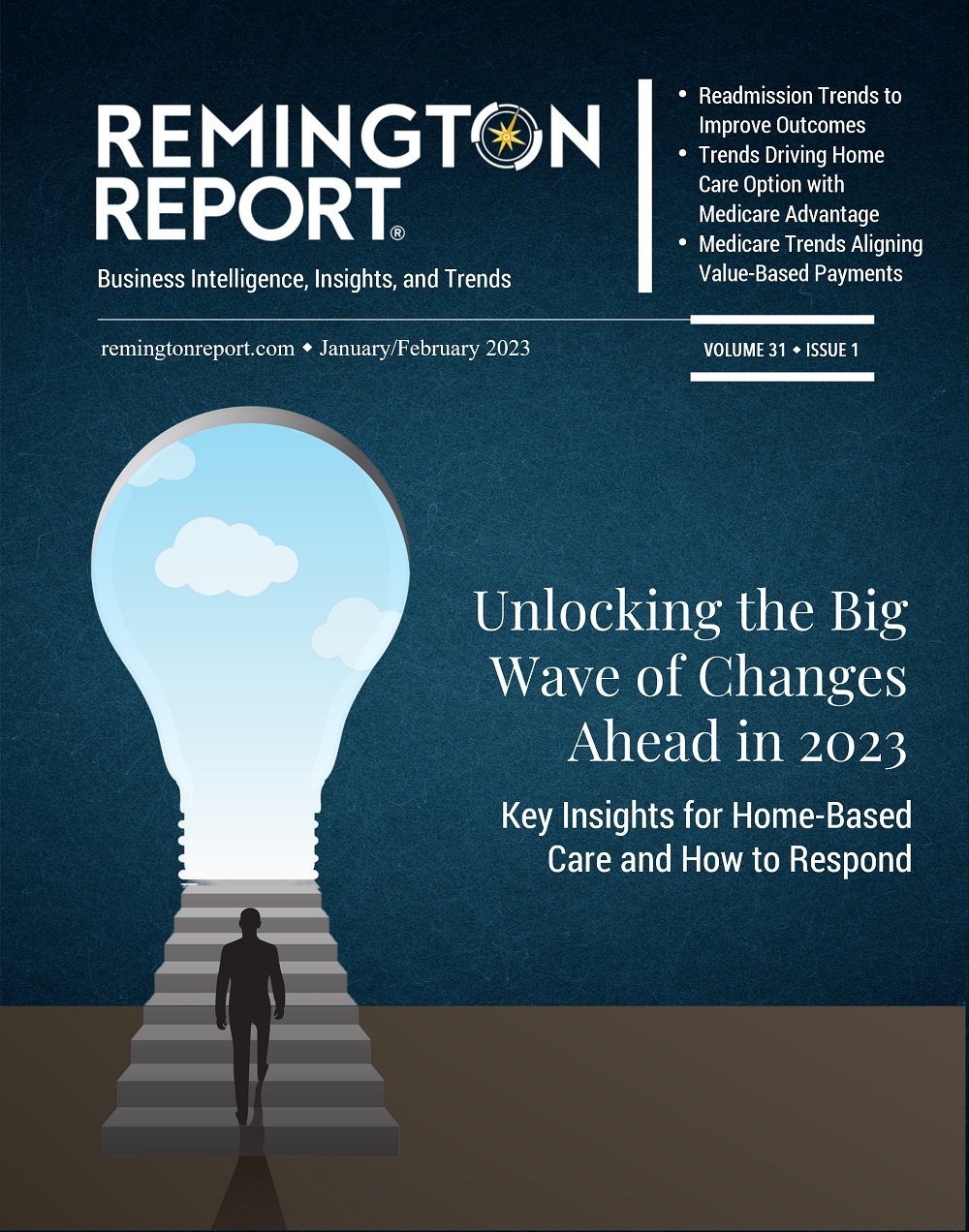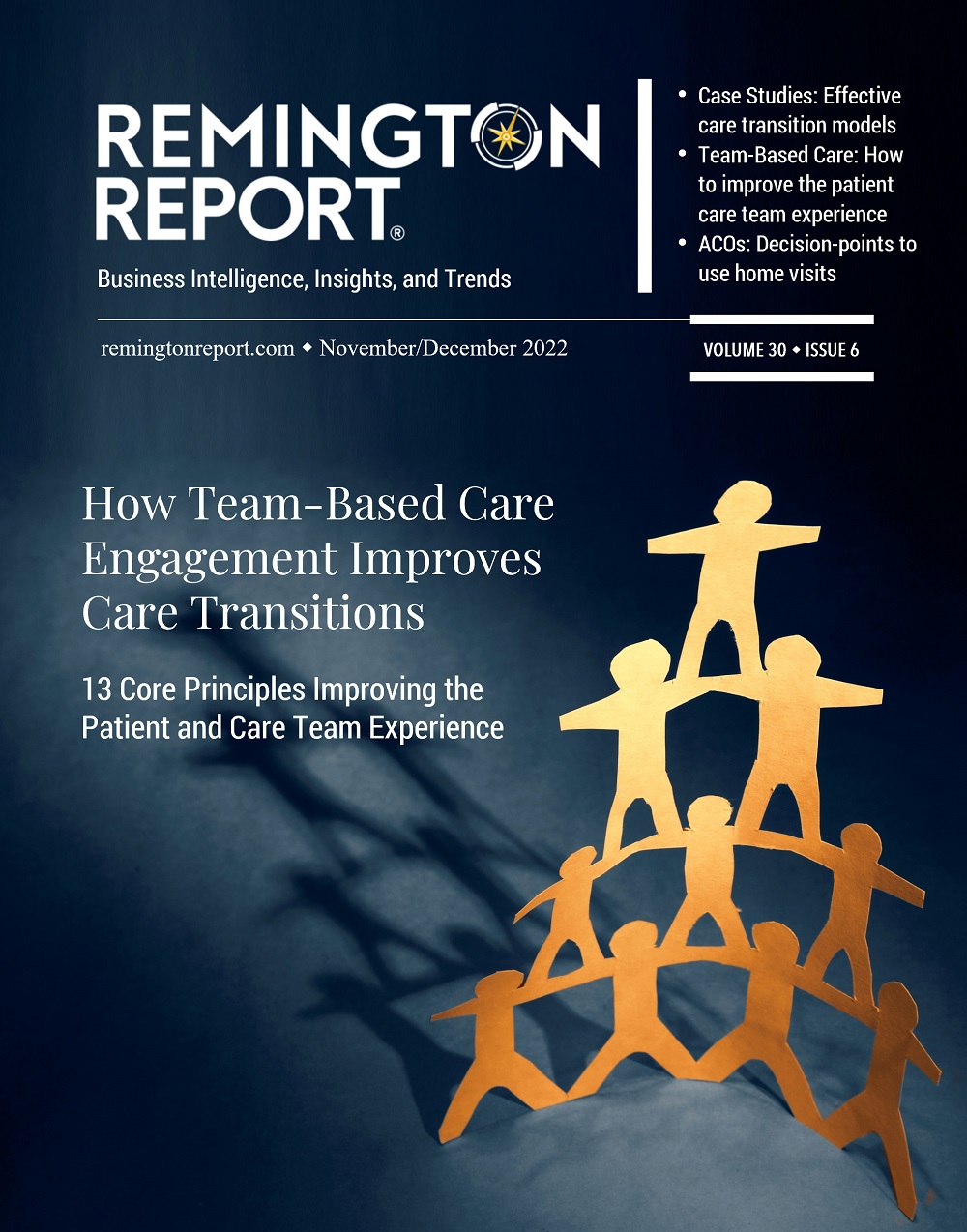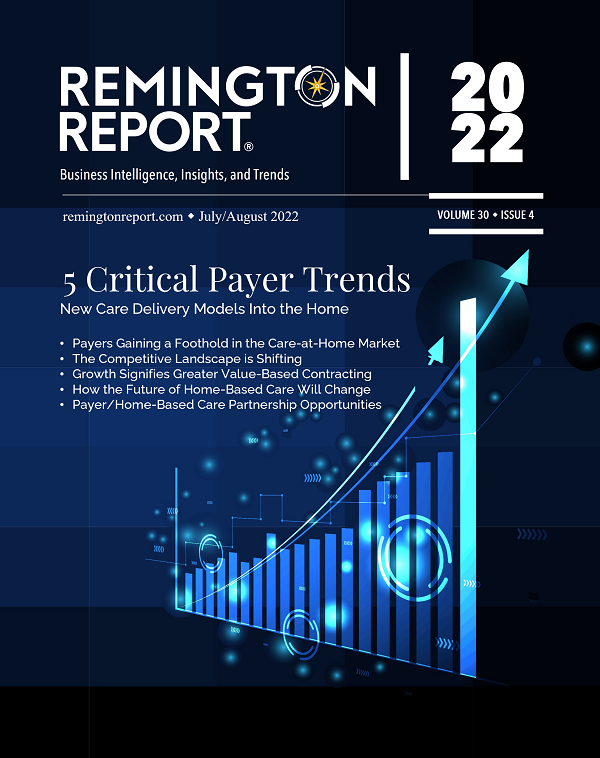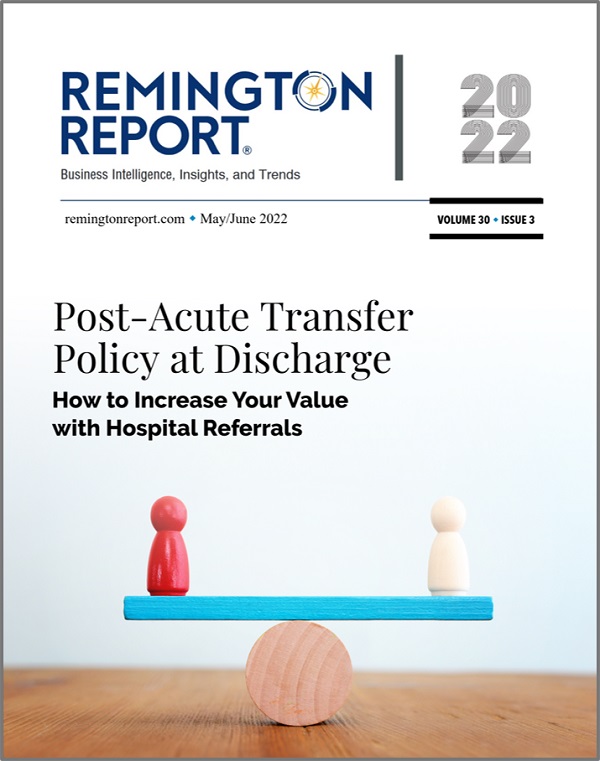Discharge planners, case managers, and social workers certainly cannot accept cash payments from providers in exchange for referrals of patients. But what can they accept from providers who want referrals? What about non-cash items that have a relatively low value? What about acceptance of referrals to provide services in the evenings and on weekends on behalf of providers who receive referrals from discharge planners/case managers?
The key source that must be considered to answer these questions is a federal statute that prohibits illegal remuneration or kickbacks in the Medicare and Medicaid and other federal and state health care programs. This federal statute makes it a crime for providers to offer to give or actually give anything to anyone in order to induce referrals.
Providers who are not Medicare-certified or do not participate in the Medicare program, such as so-called “private” providers, such as private duty home care agencies, may be tempted to ignore this statute. Providers must remember that the fraud and abuse prohibitions also apply to companies that participate in Medicaid programs, including Medicaid waiver programs, as well as other federal and state health care programs, such as Tri-Care or the VA.
In addition, even if providers who want referrals do not accept payments from any federal or state health care programs, the case managers, discharge planners, and social workers who make referrals often work for organizations that do. They must comply, therefore, with fraud and abuse prohibitions and providers of all types should assist them to do so.
Federal Statute
Case managers and providers who violate this federal statute may be guilty of criminal conduct and may go to jail or be forced to pay large amounts of money in the form of fines or civil monetary penalties. They may also be excluded from participation in the Medicare/ Medicaid and other state and federal health care programs. Case managers who are licensed registered nurses (RNs) or Medical Social Workers (MSWs) also face loss of licensure.
The Office of the Inspector General (OIG) of the U.S. Department of Health and Human Services, the primary enforcer of fraud and abuse prohibitions, has clearly stated that discharge planners/case managers may not accept and post-acute providers may not give cash or cash equivalents, including gift cards and gift certificates. The OIG has not, however, provided any specific guidance to about what items of non-cash nominal value may be accepted by case managers/discharge planners from providers who receive referrals.
Until specific guidance on these issues is provided by the OIG, providers and case managers may decide to apply limits in the final regulations under the Stark laws, even though the Stark laws technically apply only to physicians.
Non-Monetary Compensation
Specifically, the Stark regulations indicate that non-cash items of nominal value may be provided within reasonable limits. The regulations further state that as long as all of the following criteria are met, non-monetary items of nominal value will not violate the Stark laws:
- The annual aggregate value of non-monetary gifts does not exceed $429.00 for 2021.
- Providers that give non-monetary compensation must make it available to those similarly situated, regardless of whether they refer patients to the provider for services.
- The compensation is not determined in any way that takes into account the volume or value of referrals to the provider.
At least in theory, providers and case managers could comply with the requirements of the Stark laws regarding non-monetary compensation to physicians, but still violate the kickback statute described above.
It seems unlikely, however, that the OIG will conclude that case managers/discharge planners received kickbacks and rebates if the requirements of the Stark regulations described above are met. In other words, compliance with the requirements of the final Stark regulations may provide protection to case managers/discharge planners and providers with regard to non-monetary compensation received from providers by case managers, even though they may not technically apply.
Providers and case managers should, of course, monitor developments regarding this issue. The temptations are many, but there is a great deal to lose!
Copyright © 2021 Elizabeth E. Hogue, Esq. All rights reserved. No portion of this material may be reproduced in any form without permission.
Elizabeth Hogue is an attorney in private practice with extensive experience in health care. She represents clients across the U.S., including professional associations, managed care providers, hospitals, long-term care facilities, home health agencies, durable medical equipment companies, and hospices.



